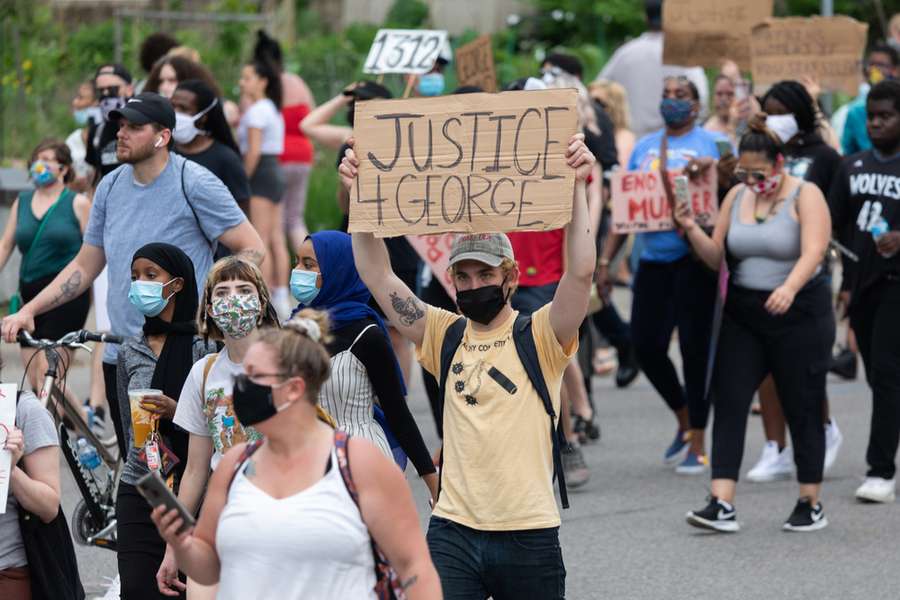
Formation
‘Interesting times’ bring out the best and worst in us
June 11, 2020
“May you live in interesting times” is the purported Chinese curse.
No such proverb actually exists in China; however, its wry irony is sadly fitting today. The deaths of friends and mentors and the footage of mass graves weigh heavily on many of us. The horrific death of an innocent man, George Floyd, and the violent rioting that followed have disturbed our consciences. Some have called these images and this time apocalyptic.
The reference is often to the many post-apocalyptic movies that portray life after civilization with empty streets, buildings and violent riots. But the film genre is named so because “apocalypse” is the actual title of the last book of the Bible, which talks about the end of the world. The Greek word means “revelation,” hence the more familiar English title. And these interesting times have indeed revealed a great deal about us.
I have been personally surprised by how many of us engage in conspiracy theories. All things must connect back to how evil the president, the Democrats, the medical community, corporate interests or all-of-the-above are. Nothing can ever be what it is, apparently, as we seek to shoehorn these interesting times into our personal ideologies.
Joseph Uscinski, a professor at the University of Miami, has argued convincingly that these theories are tools used by the powerless to attack and defend themselves against the powerful. Naturally, as we live in a society where so many of us feel like powerless victims, conspiracy theories abound.
Still, these times have also revealed plenty of good in us. I know many people, for instance, who have reported that the lockdown helped to remind them of how important family is. A couple whose marriage has been on the rocks for years have realized what they loved about each other to begin with.
These times have revealed some of the good of this new digital age. As someone told me recently, a family baby shower involved more members of the family through video conferencing than would otherwise have participated if travel had been possible. Video calls are being used more often. And just being able to see the expressions and hear the tone of voice of the person on the other end has reminded many of us of what we miss when we only e-mail or text.
Finally, despite dour predictions, I think this time has also revealed to us how much we depend on the Lord. From a Pew Survey at the end of April, 24% of Americans have reported that despite the fact that their places of worship were closed, they felt their faith has been strengthened by the current crisis. Only 2% said it was weaker. Among we Catholics for whom the Eucharist is the source and summit of our lives, 27% said our faith has grown.
This is obviously not because of our lack of access to the Eucharist but because, as one local Catholic told me, being away made him appreciate our faith and our church even more than before. He was apologetic for saying so. I was rather touched by his admission.
We are living in interesting times. Every day I must explain more to my young children, sad things, infuriating things. But there is also good. I wonder, can we focus on that good? Can we put aside our ideologies? Can we love instead of condemn? Can we Catholics pull ourselves closer to the Eucharistic heart of Jesus who so yearns for peace and justice, even if we cannot receive him physically? I pray for all our sakes that we can.
Deacon Omar Gutiérrez is director of the Pontifical Society for the Propagation of the Faith in the Archdiocese of Omaha. Contact him at ofgutierrez@archomaha.org.